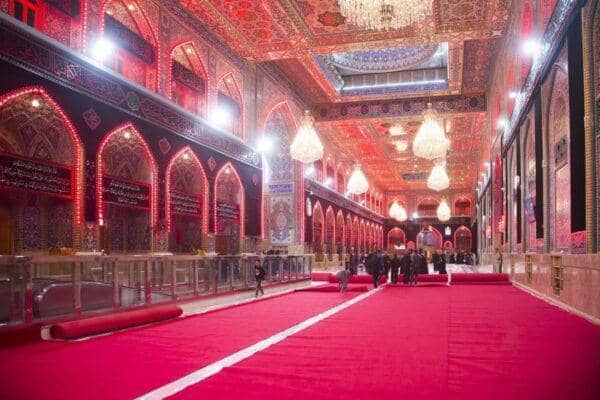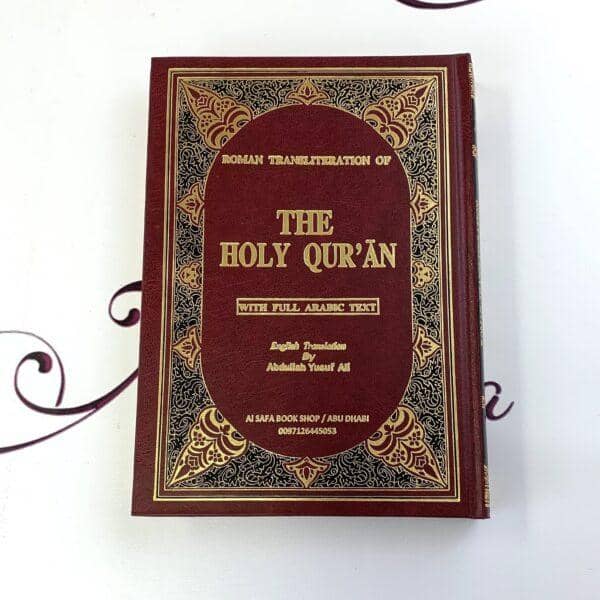Charity in Islam – Importance and Benefits
Charity is one of the most noble and virtuous deeds in Islam. It is a sign of faith, compassion, and generosity. Charity is not only a duty, but also a privilege and a blessing for Muslims. Charity can take many forms, such as giving money, food, clothes, or any other useful thing to those in need. Charity can also be done by helping others with one’s time, skills, knowledge, or advice. Charity can even be as simple as smiling, saying a kind word, or removing harm from the way.
Charity has many benefits and rewards for both the giver and the receiver. In this article, we will explore some of the importance and benefits of charity in Islam based on the Quran and Hadith.
Charity is an act of worship
Charity is not just a social service or a humanitarian gesture. It is an act of worship and obedience to Allah. Allah says in the Quran:
“O you who have believed, spend from that which We have provided for you before there comes a Day in which there is no exchange and no friendship and no intercession. And the disbelievers – they are the wrongdoers.” (Quran 2:254)
“Take, [O, Muhammad], from their wealth a charity by which you purify them and cause them increase, and invoke [Allah’s blessings] upon them. Indeed, your invocations are reassurance for them. And Allah is Hearing and Knowing.” (Quran 9:103)
The Prophet Muhammad (peace be upon him) said:
“Charity is a proof of faith.” (Muslim)
“Every act of goodness is charity.” (Muslim)
Charity purifies the soul and the wealth
Charity is a means of purifying one’s soul from greed, selfishness, and attachment to worldly possessions. It is also a means of purifying one’s wealth from any unlawful or doubtful sources. Allah says in the Quran:
“Take from their wealth a charity to purify them and cleanse them thereby.” (Quran 9:103)
The Prophet Muhammad (peace be upon him) said:
“Charity extinguishes sin as water extinguishes fire.” (Tirmidhi)
“Whoever gives charity equal to a date from good (halal) earnings – for Allah does not accept anything but that which is good – Allah will take it in His right hand and tend it for the one who gave it as any one of you tends his foal, until it becomes like a mountain.” (Bukhari)
Charity increases the blessings and the reward
Charity is a way of showing gratitude to Allah for His favors and blessings. It is also a way of seeking more blessings and reward from Him in this life and the hereafter. Allah says in the Quran:
“The example of those who spend their wealth in the way of Allah is like a seed [of grain] which grows seven spikes; in each spike is a hundred grains. And Allah multiplies [His reward] for whom He wills. And Allah is all-Encompassing and Knowing.” (Quran 2:261)
“Whoever does good – whether male or female – while he is a believer – We will surely cause him to live a good life, and We will surely give them their reward [in the Hereafter] according to the best of what they used to do.” (Quran 16:97)
The Prophet Muhammad (peace be upon him) said:
“The best charity is that which is given when one is rich.” (Bukhari)
“The most beloved deed to Allah is to make a Muslim happy, or to remove one of his troubles, or to forgive his debt, or to feed his hunger.” (Tabarani)
Charity protects from calamities and hardships
Charity is a shield and a protection from various calamities and hardships that may afflict a person in this life or in the hereafter. It is also a means of attaining Allah’s mercy and forgiveness. Allah says in the Quran:
“And spend [in the way of Allah] from what We have provided you before death approaches one of you and he says, ‘My Lord, if only You would delay me for a brief term so I would give charity and be among the righteous.'” (Quran 63:10)
“And whatever you spend of good – it will be fully repaid to you, and you will not be wronged.” (Quran 2:272)
The Prophet Muhammad (peace be upon him) said:
“Charity does not decrease wealth.” (Muslim)
“Give charity without delay, for it stands in the way of calamity.” (Tirmidhi)
Charity benefits the giver more than the receiver
Charity is not only beneficial for those who receive it, but also for those who give it. The giver gains more reward, satisfaction, happiness, and peace of mind than the receiver. Charity is also a sign of faith, compassion, and generosity. Allah says in the Quran:
“You will not attain to piety until you spend of that which you love. And whatsoever you spend, Allah is Aware thereof.” (Quran 3:92)
“Who is it that would loan Allah a goodly loan so He may multiply it for him many times over? And it is Allah who withholds and grants abundance, and to Him you will be returned.” (Quran 2:245)
The Prophet Muhammad (peace be upon him) said:
“Indeed, the upper hand (the one who gives) is better than the lower hand (the one who receives).” (Bukhari)
“Verily, the most beloved people to Allah are those who are most beneficial to people.” (Tabarani)
Conclusion
Charity is one of the most noble and virtuous deeds in Islam. It is an act of worship, purification, gratitude, blessing, protection, and benefit. Charity can take many forms and can be done by anyone at any time. Charity is a way of expressing our love for Allah and His creation. Charity is a way of making this world a better place for ourselves and others. Charity is a way of preparing for the hereafter and attaining Allah’s pleasure and paradise.
















